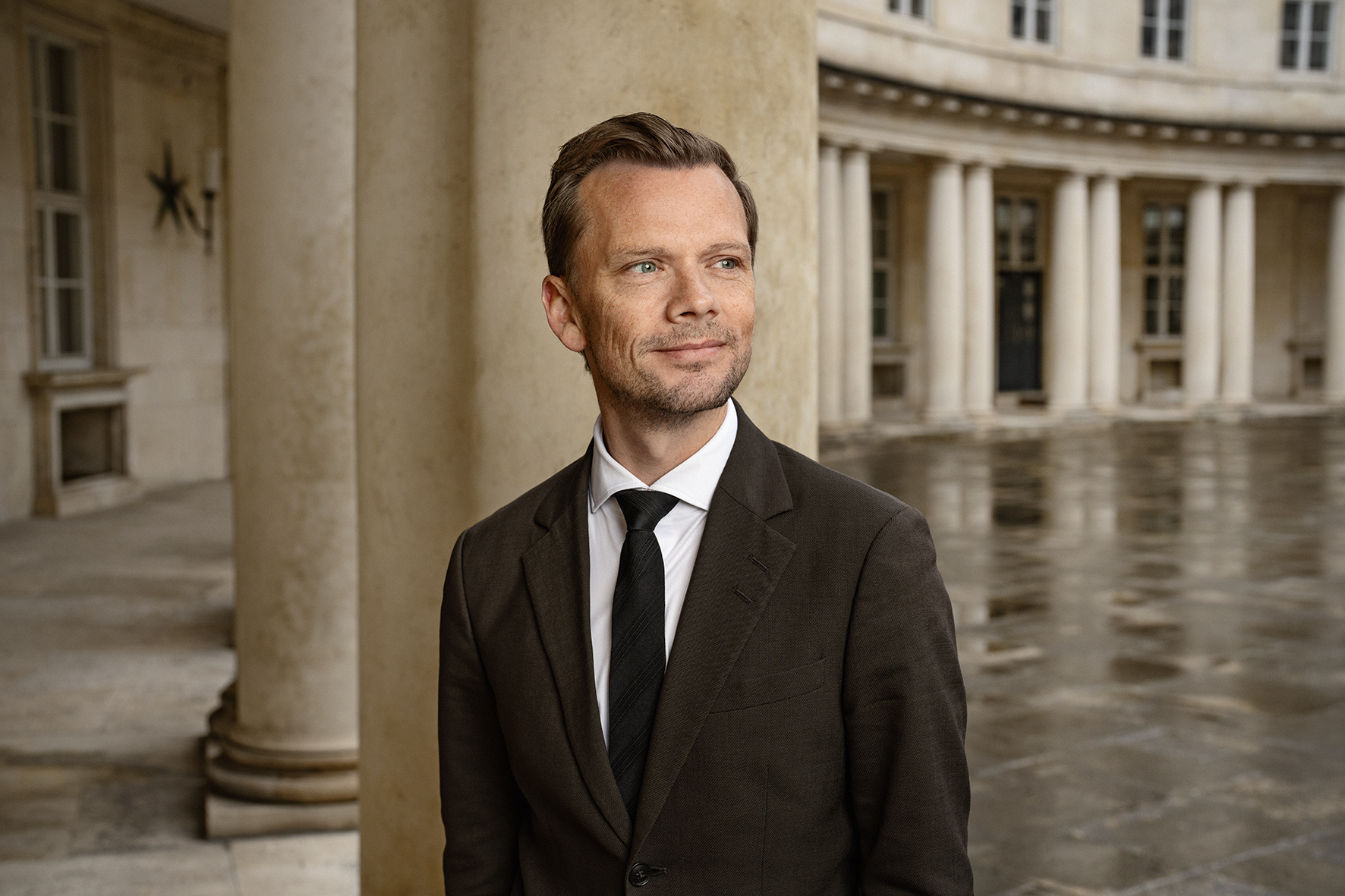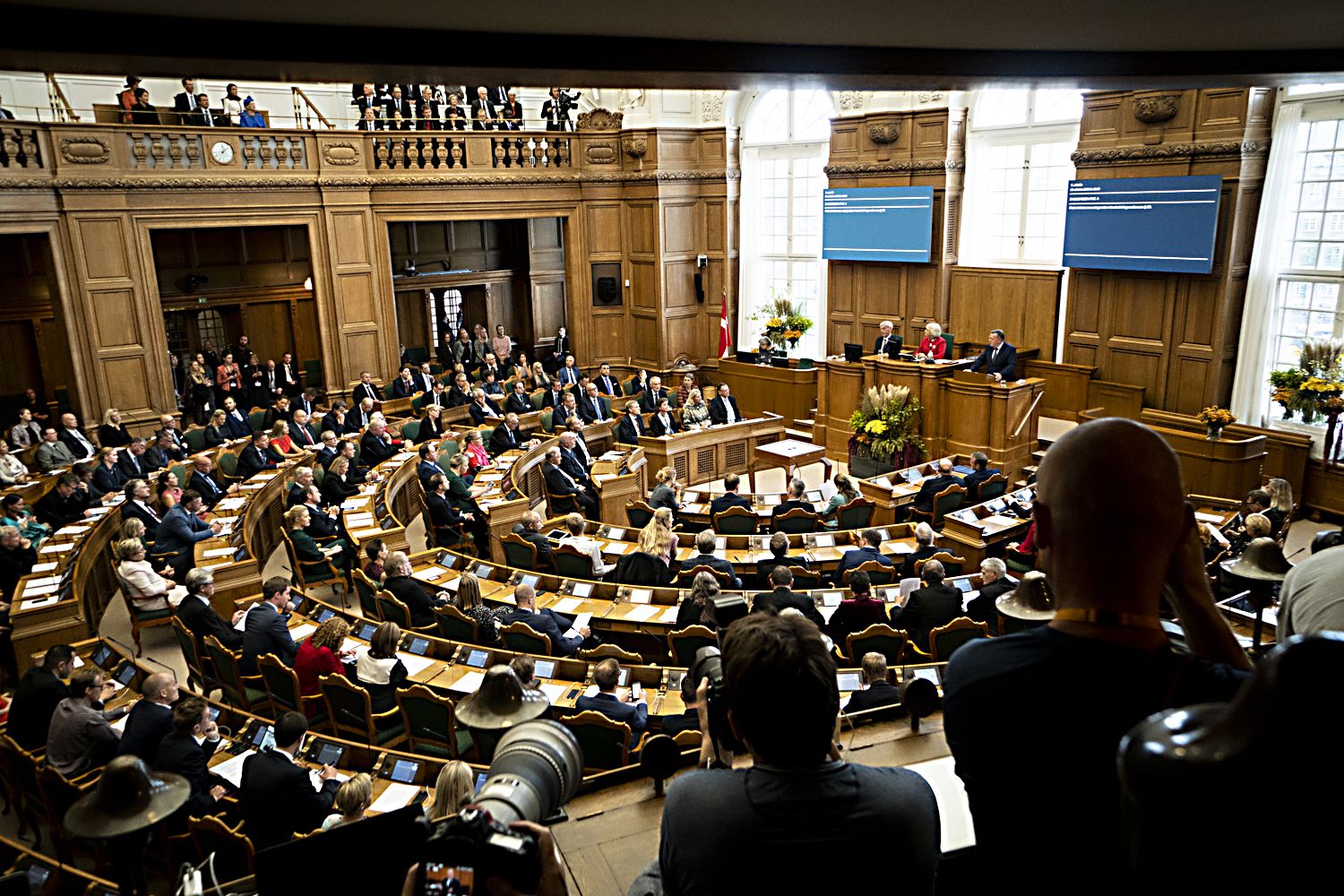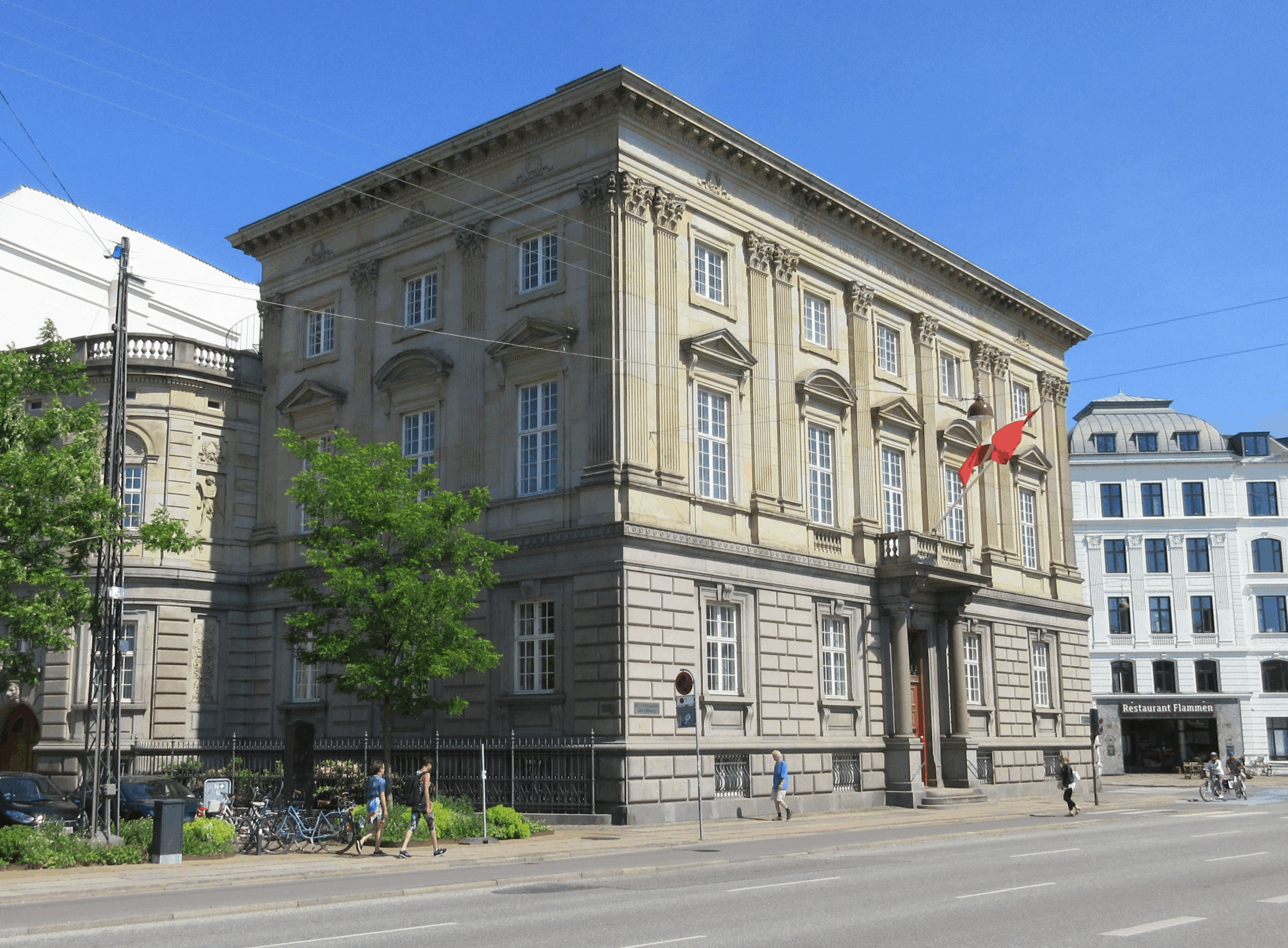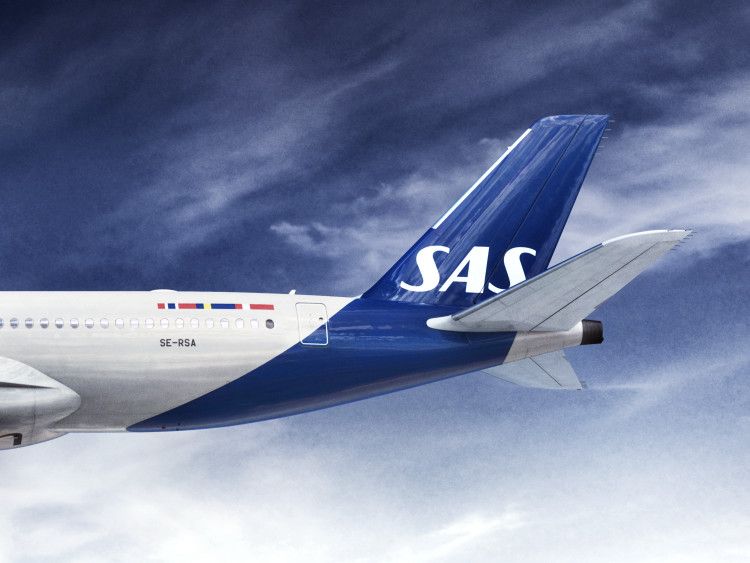Copenhagen Lord Mayor Frank Jensen has banned municipal employees from flying with Ryanair – or at least during office hours.
The low-cost airline has received lots of press since arriving in the city, of which most has been negative due to the company’s refusal to negotiate with employees under the rules of Danish work agreements.
Trade unions and several municipalities have already protested against the use of the low-cost carrier, and now Jensen has banned Copenhagen’s 45,000 municipal employees from using the airline during their working hours.
“Social dumping is a disgrace that we are cracking down on here in Copenhagen,” Jensen told Berlingske.
“We insist that anyone who works with the city, including selling us tickets, offer their employees decent wages and working conditions.”
Cases pending
Jensen said that city rules prohibit the awarding of contracts or purchasing of goods from “suppliers that do not offer proper wages”.
READ MORE: The Danish model under siege
Ryanair has been flying from Copenhagen since March. There are already several cases pending at the labour courts between trade unions and the company.












